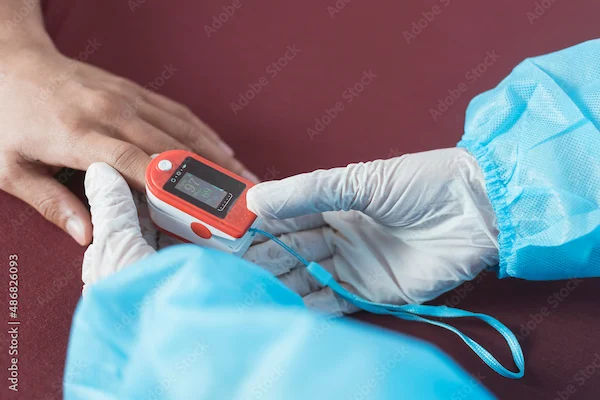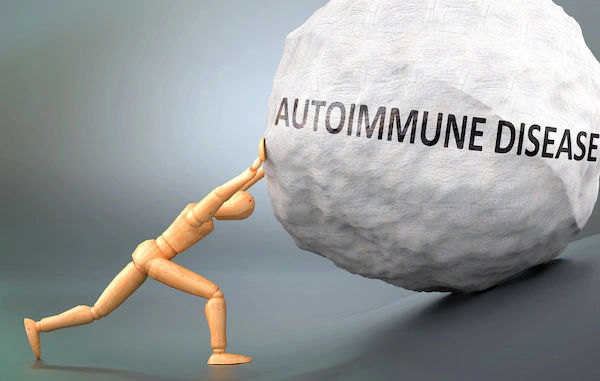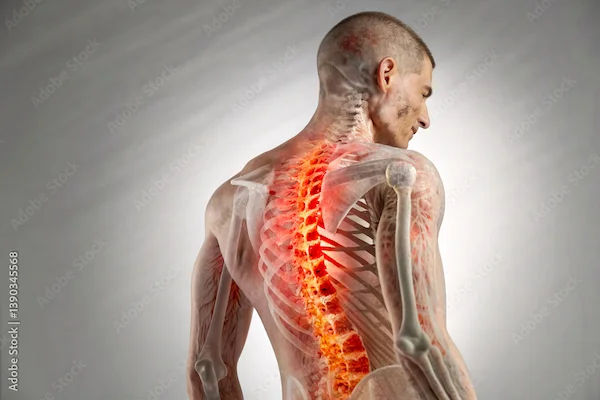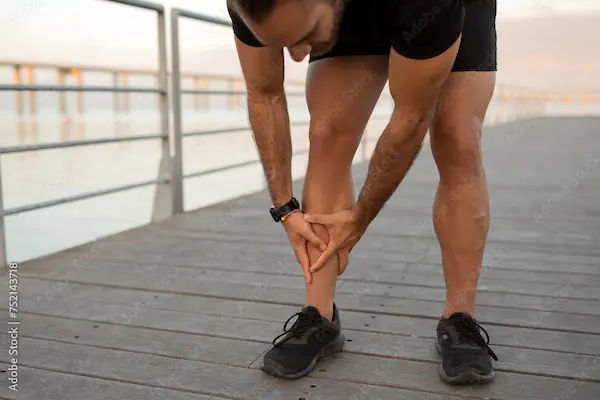CT Test Full Form and Overview
Discover the full form of CT test (Computed Tomography) and get a comprehensive overview of this vital diagnostic imaging procedure. Learn how CT scans work, what they detect, and why they are essential in modern medicine.

Written by Dr. Vasanthasree Nair
Reviewed by Dr. D Bhanu Prakash MBBS, AFIH, Advanced certificate in critical care medicine, Fellowship in critical care medicine
Last updated on 13th Jan, 2026

Introduction
Medical tests can sometimes feel confusing, especially when they involve complex names and procedures. If you or a loved one has been advised to undergo a CT test, you might have questions about what it is, why it’s needed, and what to expect. This article will explain everything in simple terms to help you feel more informed and at ease.
What is a CT Test?
The full form of CT is Computed Tomography. It is also sometimes called a CAT scan (Computed Axial Tomography). A CT scan is a special type of imaging test that uses Xrays and computer technology to create detailed pictures of the inside of your body.
Unlike a regular X-ray, which takes a single image, a CT scan takes multiple images from different angles and combines them to produce cross-sectional views of bones, organs, blood vessels, and soft tissues. This helps doctors see more details and diagnose medical conditions more accurately.
Why is a CT Scan Done?
A CT scan can be used for many purposes, including:
Diagnosing diseases (such as cancer, infections, or heart disease)
Detecting injuries (like fractures, internal bleeding, or organ damage)
Guiding medical procedures (such as biopsies or surgeries)
Monitoring treatment progress (checking if a tumor is shrinking after therapy)
Your doctor may recommend a CT scan if you have symptoms like severe pain, unexplained weight loss, persistent headaches, or trauma (such as after an accident).
How Does a CT Scan Work?
A CT scanner is a large, doughnut-shaped machine with a sliding table. Here’s what happens during the test:
1. Preparation:
You may be asked to fast for a few hours if your scan involves contrast dye.
Wear comfortable clothing and remove metal objects (jewelry, belts, etc.).
You might need to change into a hospital gown.
2. During the Scan:
You lie on a table that slides into the scanner.
The machine rotates around you, taking multiple Xray images.
You may hear whirring or clicking sounds, but the process is painless.
If contrast dye is used, you might feel a warm sensation or a metallic taste.
3. After the Scan:
You can usually resume normal activities unless told otherwise.
Drink plenty of water if contrast dye was used to help flush it out.
Results are analyzed by a radiologist and shared with your doctor.
Get Your Symptoms Checked By Top Specialists
Types of CT Scans
Depending on what your doctor needs to examine, different types of CT scans may be performed:
Head CT – Checks for brain injuries, strokes, or tumors.
Chest CT – Looks at the heart, lungs, or blood vessels.
Abdominal CT – Examines the liver, kidneys, or digestive organs.
Spine CT – Detects fractures or spinal issues.
Angiography CT – Views blood vessels for blockages.
Is a CT Scan Safe?
CT scans are generally safe, but they do involve low levels of radiation. The benefits usually outweigh the risks, especially when diagnosing serious conditions. However:
Pregnant women should inform their doctor before the scan.
Allergies to contrast dye (if used) should be discussed beforehand.
Kidney problems may require special precautions with contrast dye.
Your doctor will ensure the scan is necessary and take steps to minimize risks.
How to Prepare for a CT Scan?
To make your scan go smoothly:
Follow fasting instructions (if required).
Inform your doctor about medications, allergies, or medical conditions.
Stay still during the scan to avoid blurry images.
Ask questions if you’re unsure about anything.
When to Consult a Doctor?
If your doctor has recommended a CT scan, it’s important to get it done as advised. Early diagnosis can lead to better treatment outcomes.
Need to book a CT scan? You can easily schedule one through Apollo 24|7 for a hassle free experience.
Final Thoughts
A CT scan is a powerful tool that helps doctors see inside your body without surgery. While the idea of a scan might seem intimidating, the procedure is quick, painless, and highly beneficial for accurate diagnosis. If you have any concerns, don’t hesitate to discuss them with your healthcare provider.
Consult Top Specialists
Get Your Symptoms Checked By Top Specialists

Dr. Hariprasath J
General Physician/ Internal Medicine Specialist
19 Years • MD (Gen Med), FCCP, Dip (Diabetology, UK)
Chennai
Apollo First Med Hospitals P H Road, Chennai
(225+ Patients)

Dr. Zulkarnain
General Physician
2 Years • MBBS, PGDM, FFM
Bengaluru
PRESTIGE SHANTHINIKETAN - SOCIETY CLINIC, Bengaluru

Dr. Abhishek Ranjan
General Practitioner
4 Years • MBBS
Kolkata
VDC Clinic, Kolkata
Dr. Naziya Rahim Bhatia
General Surgeon
7 Years • MBBS ,MS
Bengaluru
Apollo Clinic, Sarjapur Road, Bengaluru

Dr. Swagato Podder
General Practitioner
5 Years • MBBS
Kolkata
GRD POLYCLINIC, Kolkata
Consult Top Specialists

Dr. Hariprasath J
General Physician/ Internal Medicine Specialist
19 Years • MD (Gen Med), FCCP, Dip (Diabetology, UK)
Chennai
Apollo First Med Hospitals P H Road, Chennai
(225+ Patients)

Dr. Zulkarnain
General Physician
2 Years • MBBS, PGDM, FFM
Bengaluru
PRESTIGE SHANTHINIKETAN - SOCIETY CLINIC, Bengaluru

Dr. Abhishek Ranjan
General Practitioner
4 Years • MBBS
Kolkata
VDC Clinic, Kolkata
Dr. Naziya Rahim Bhatia
General Surgeon
7 Years • MBBS ,MS
Bengaluru
Apollo Clinic, Sarjapur Road, Bengaluru

Dr. Swagato Podder
General Practitioner
5 Years • MBBS
Kolkata
GRD POLYCLINIC, Kolkata




